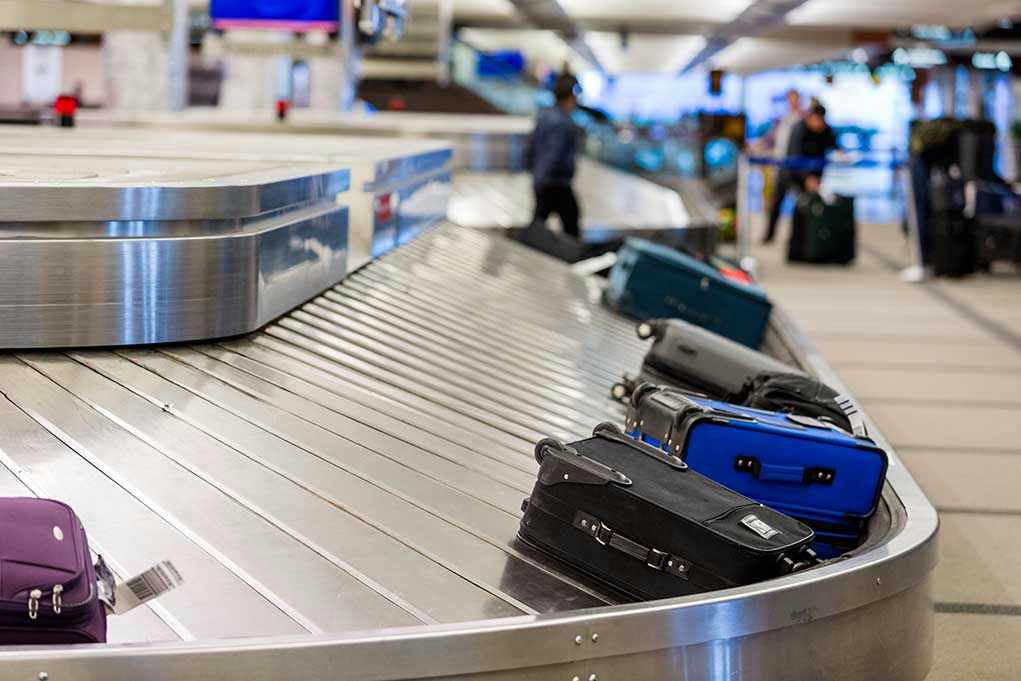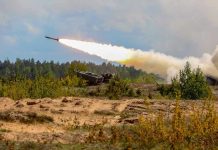
When drones forced Scandinavia’s largest airport to shut down, the world awoke to the chilling reality that modern warfare now flies just above our heads—and no one knows for sure who’s holding the remote.
Story Snapshot
- Multiple drones breached airspace over Copenhagen’s main airport, halting operations and raising alarm.
- Danish officials suspect a “professional actor,” with Russia looming large in speculation about responsibility.
- The incident exposes vulnerabilities in NATO’s critical infrastructure, and questions about airspace security abound.
- This event signals a new era where anonymous technology can cripple nations in minutes.
Drone Intrusion Paralyzes Scandinavian Hub
On an otherwise routine Monday evening, Copenhagen Airport, Scandinavia’s busiest air hub, was abruptly shuttered. Multiple drones appeared in restricted airspace, forcing officials to ground flights and seal runways. The shutdown rippled across Europe, stranding thousands and disrupting air traffic schedules. Danish authorities quickly launched an investigation, with initial reports suggesting the sophistication of the incursion pointed to more than mere hobbyists or activists. The incident ignited immediate debate about who could orchestrate such a precise disruption, with eyes turning east toward Russia.
Officials described the drone operation as “professional,” citing coordinated flight patterns, advanced equipment, and a deliberate targeting of airport infrastructure. The scale and timing of the incursion suggest careful planning, further fueling suspicions of foreign state involvement. In recent years, NATO countries have reported a surge in drone incidents near sensitive military and civil sites. The Copenhagen event stands out for its audacity and effectiveness, prompting urgent calls for new defensive measures across European airports.
Russia: Suspicions and Strategic Implications
The shadow of Russia hangs over the investigation. While no direct evidence has been presented, Danish intelligence officials acknowledge that Moscow has both the motive and means to conduct such covert operations. The incident fits a pattern of hybrid warfare, where anonymous technological attacks probe NATO’s defenses and sow chaos without crossing the threshold into open conflict. If Russia is involved, the drone shutdown demonstrates a potent new tool in its arsenal: weaponized ambiguity. The Kremlin’s denials are predictable, but Western analysts warn that this ambiguity is part of a calculated strategy to undermine trust in national security.
For ordinary citizens, the prospect of foreign drones disrupting daily life feels distant—until it isn’t. The Copenhagen shutdown revealed just how vulnerable even well-defended nations can be to unmanned technology. As airports scramble to deploy countermeasures, some experts argue that the real danger lies not in the hardware, but in the uncertainty it creates. Was this a test run? A warning shot? Or merely the tip of a much larger iceberg?
🚨🚨🇩🇰 Denmark shuts down Copenhagen Airport due to drone sightings. 3 large drones have been seen flying in the area.
Russia and Iran are the main suspects. pic.twitter.com/nAdiaKVlJC— Terror Alarm (@Terror_Alarm) September 22, 2025
NATO’s Challenge: Defending the Skies Against Invisible Threats
NATO officials face a daunting challenge: how to secure airspace against small, agile, and nearly untraceable drones. Traditional air defense systems, designed for large military aircraft or missiles, struggle to detect and neutralize these new intruders. The Copenhagen incident has accelerated the push for integrated drone detection networks, electronic jamming technologies, and rapid response teams at major airports. Yet, every new defensive measure spawns new offensive tactics, in a technological arms race that shows no sign of slowing.
For travelers, the episode serves as a stark reminder that the conveniences of modern life rest on fragile systems. For policymakers, it is a wake-up call to rethink security in an era when threats can materialize from anywhere, at any time, with little warning and devastating impact. The future may well belong to those who can adapt fastest—not just to the machines in the sky, but to the invisible hands that guide them.
Sources:
Denmark says ‘professional actor’ behind drone incursions over its airports
Danish officials believe drone flyovers at 4 airports are meant to sow fear and division




